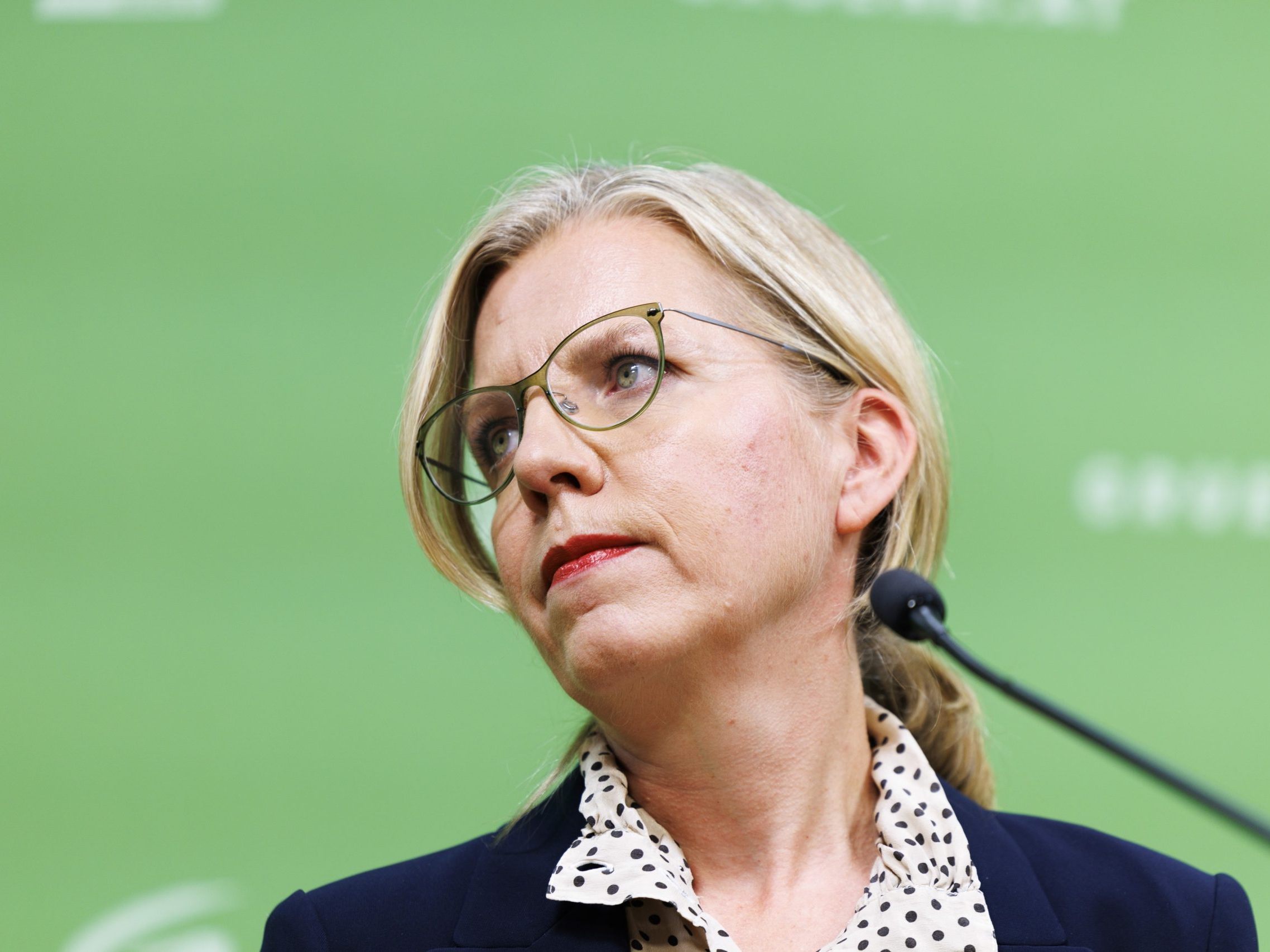The result is no surprise: As a representative of Vienna and the local SPÖ, Transport Minister Peter Hanke has set out to build the Lobau Tunnel. He claims to have examined more than 20 variants for the outer ring expressway, and in the end, the tunnel emerged as the optimal solution, he says. What a coincidence.
For the SPÖ, a lot is at stake. It's far from just about pushing through an infrastructure project that they see as necessary for maintaining the economic location. It's also about sending a visible signal against the Greens.
The resistance of the Greens against the Lobau Tunnel was one of the reasons in 2020 for Mayor Michael Ludwig (SPÖ) to end the government cooperation with them and turn to the Neos instead. He probably hasn't regretted it. On the contrary: In parts of society, a defensive attitude towards the Greens in general and the environmental and climate protection movement in particular has intensified in times of crisis.
This is being exploited primarily, but not only, by the FPÖ: They portray these movements as enemies of traditional lifestyles, which include one's own car as well as the road construction necessary to enable traffic without congestion.
The ÖVP has also demonstratively targeted climate activists in this context, and former party leader and Chancellor Karl Nehammer even declared Austria a car country. It was the beginning of the end of the black-green coalition at the federal level. The final break came here four years after the one at the municipal level in Vienna. This happened when the then Climate Protection Minister Leonore Gewessler (Greens) agreed to an EU renaturation regulation – which the ÖVP turned into a state affair.
The SPÖ does not tick completely differently from the ÖVP and FPÖ on such issues: It is also a people's party in the sense that it wants to appeal to people who belong to the middle class and for whom having their own car is simply a must. They want to cater to them. Their aim is not to promote alternatives, as the Greens do.
For the Greens of Leonore Gewessler, this is alarming in terms of power politics: Cooperation with the FPÖ is fundamentally out of the question for them, and neither the ÖVP nor the SPÖ is interested in such cooperation with them; both parties fear that having them on their side would only lead to losses. Under these circumstances, it is almost impossible for Gewessler to become a minister again.
Conversely, however, the Lobau Tunnel represents a Hainburg 2 from their perspective: They emerged in 1983 from the protest movement against a Danube power plant in Hainburg. The Lobau Tunnel strengthens them in a difficult time for them: Even if only a minority of voters may be against the tunnel like them, they are the only ones offering themselves to this minority. This can carry them for years to come.
Johannes Huber runs the blog dieSubstanz.at – Analyses and Backgrounds on Politics
This article has been automatically translated, read the original article here.






